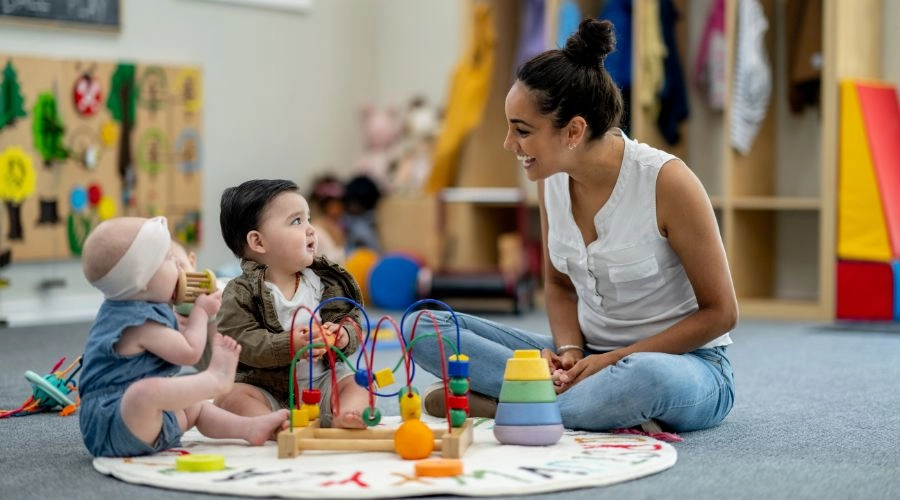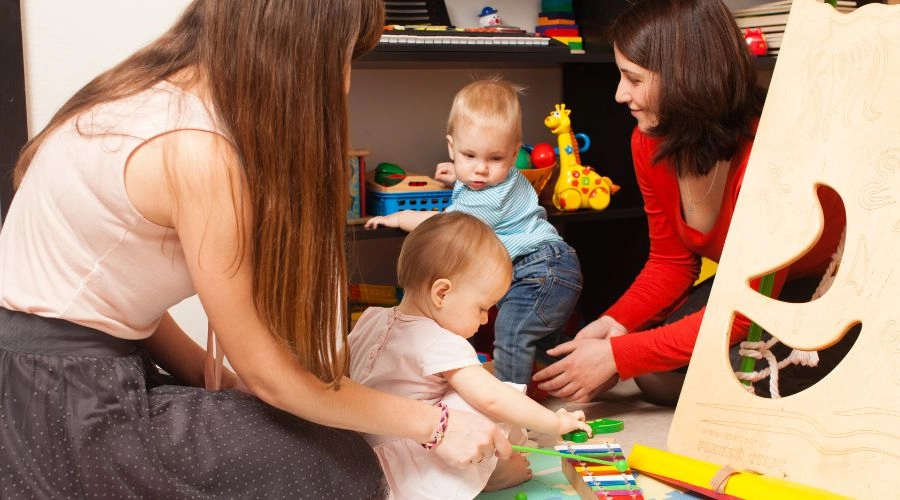When you are trying to calm a child who is scared or fearful, you have to remember a few things. These kids haven’t experienced a lot in their lives, even if they are 10 and up, they still might not have the same experiences as you. It can be hard to comfort a child who is fearful of certain things, but we’re here to give you a few tips that will make a stressful and scary situation a lot easier for both you and the child.
Understand that They're Not as Brave as You
Going a little deeper into the sentence above, these kids are not as developed. They have not experienced as much as you have. This means that they are going to get scared of things very easily. You have to understand that they aren’t brave yet, even if they seem mature for their age. Understanding this will bring you a new sense of patience when dealing with a fearful child.
Put Yourself in Their Shoes
Another thing that will help give you a little bit of patience when dealing with fearful and scared children, even if it doesn’t seem like the appropriate time to be afraid, is putting yourself in their shoes. It’s one thing to understand that they might not be as brave as you, it’s another to put yourself in their shoes. If they are afraid of school, think about how you feel when going to a new job interview. These are the connections you have to think about and keep in the back of your mind when you are comforting a child.
Use Calming Words
Something that will help the child calm down almost immediately is giving them the attention that they need through reassuring words. Try to talk to them in a calm manner, giving them reassuring and comforting words, not raising your voice, and speaking slowly so that they can take in the words and allow their heart rates to settle as they pay attention to what you are saying.
Don't Talk Down to Them
With that being said, talking slower, calmer, and using shorter words are all things that are encouraged when you have a panicking child. This is because fast-paced environments when their heart rates are already going fast will only make things worse. However, you want to make sure that you sound comforting and not condescending. You don’t want these children to think that you are upset, frustrated, or downplaying their feelings. Keep the tones happy.
Try to Find a Compromise
If these kids are afraid of going to a specific store, but you can’t not bring them with you, try to come up with a special prize. If they go to this store with you, they can get a snack that they don’t usually have access to. If it’s the doctor or school, these prize techniques will still work.
Warm Them Up to Situations They are Afraid Of
If the situation is the doctor or school, warming them up to the idea of these situations will make the actual execution go a lot smoother. If you drive them by the school every day, telling them that it’s not that far from home and you can get to them quickly, or you allow them to meet their teachers and classmates beforehand, this will make things easier for everyone.
Hold Their Hand if They Need the Extra Support
Sometimes all a kid needs when they are feeling unsettled in a situation is a steady hand. If this is the case, make sure to provide your children with exactly that. But you should also make sure that you ask the kids before deciding to take their hand and guide them through the thing that is scaring them. If they don’t want that, they are going to feel rushed and forced to do the thing that they’re scared of. That will only make things worse.
Give Them a Minute to Breathe as They Get Into the Situation
If the fear comes up suddenly, your children might just need a second to breathe through their fear. They might surprise you and not need anything but a few minutes to think about the situation, and then they might be ready to go. Always give them a few minutes to gather their thoughts before thinking that they are going to back out of whatever the situation is that is causing them fear.
Give Them a Comfort Item or Play Their Favorite Song
If your child has a comfort item or a favorite song that will help distract them through anything, make sure that you always have it around. Even if you don’t think that the day will require a comfort item or song, make sure you pack it anyway just in case.






